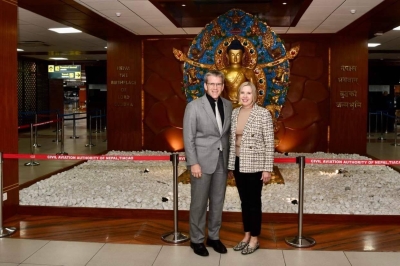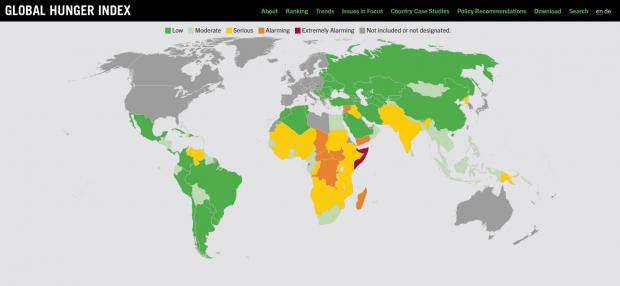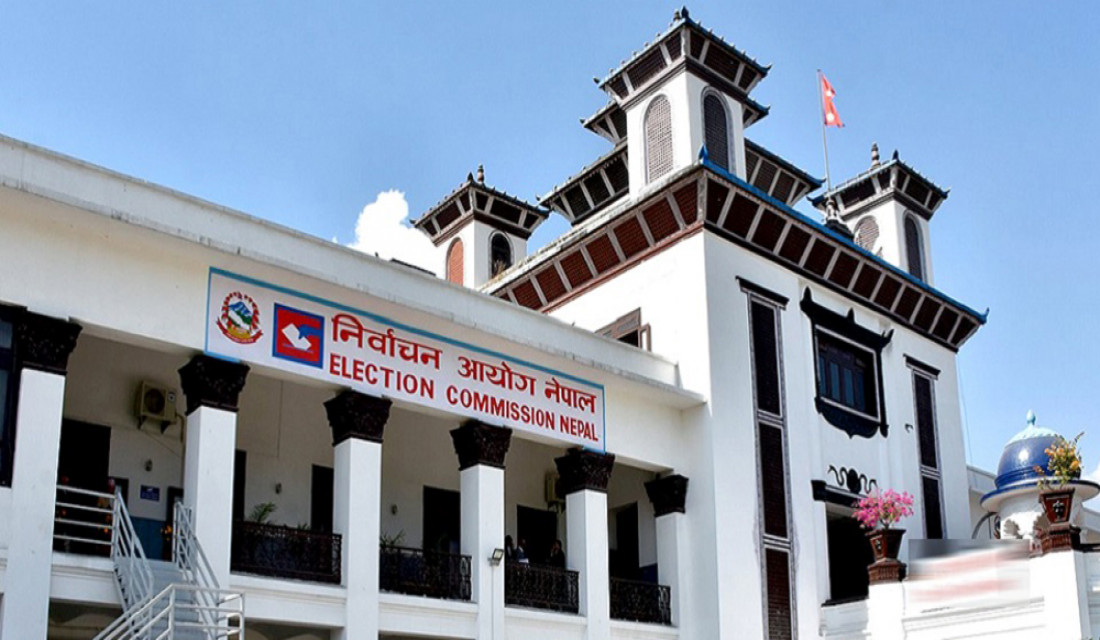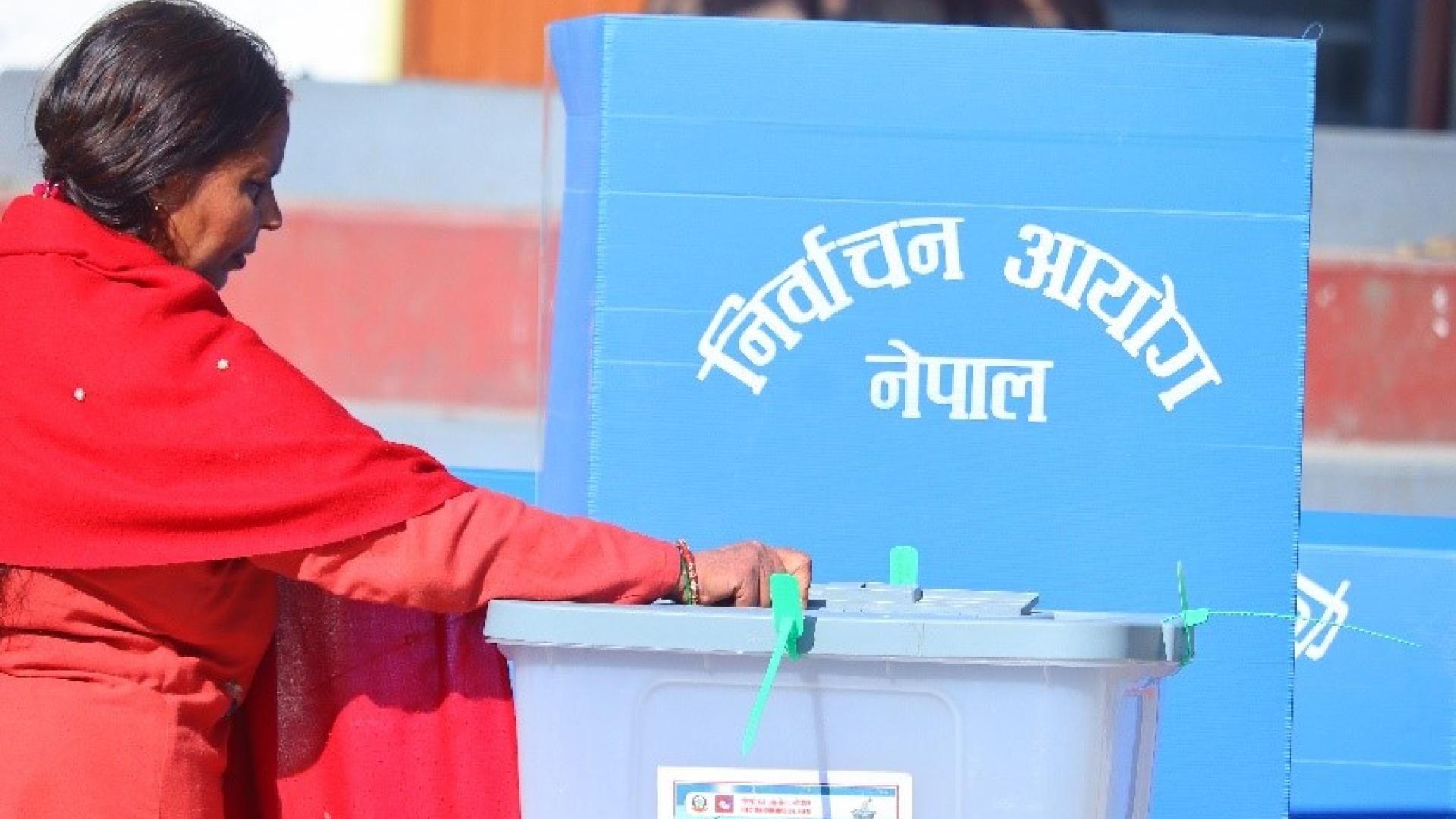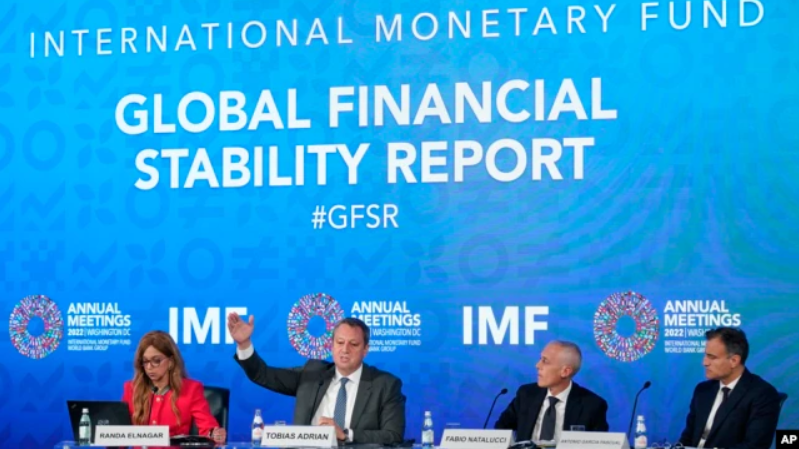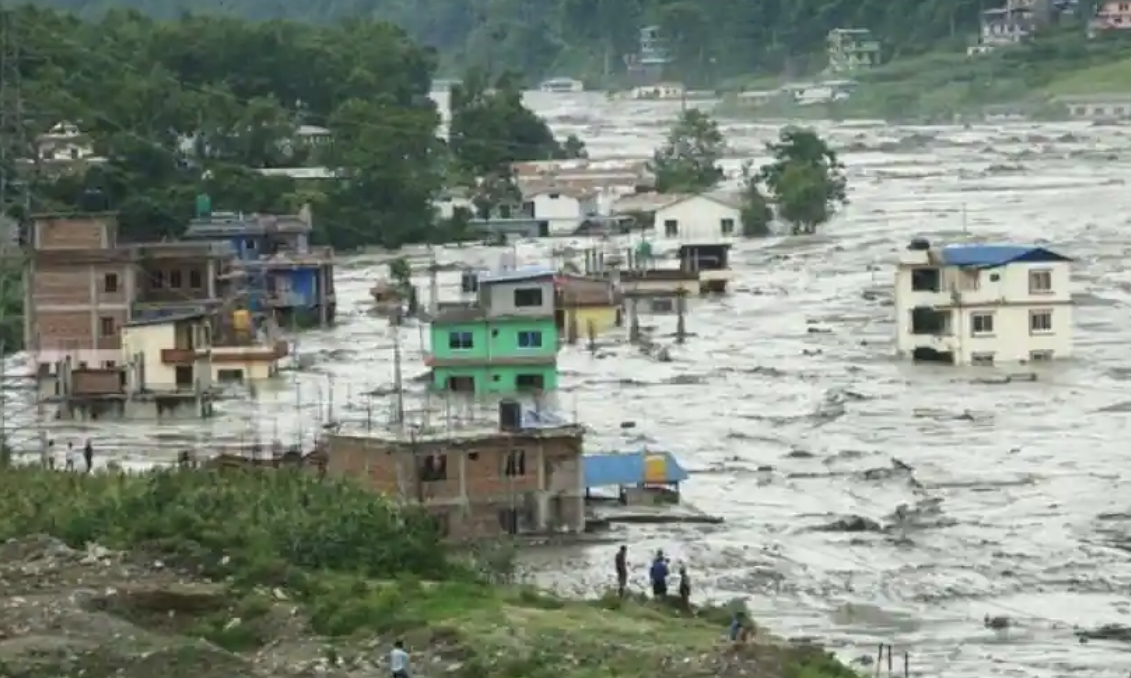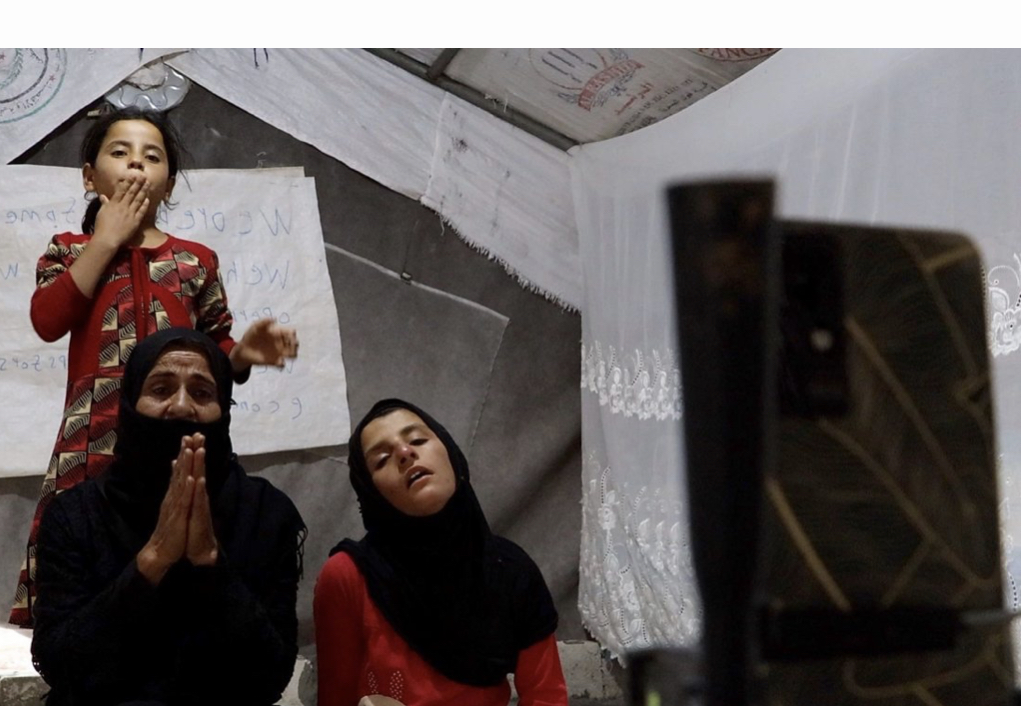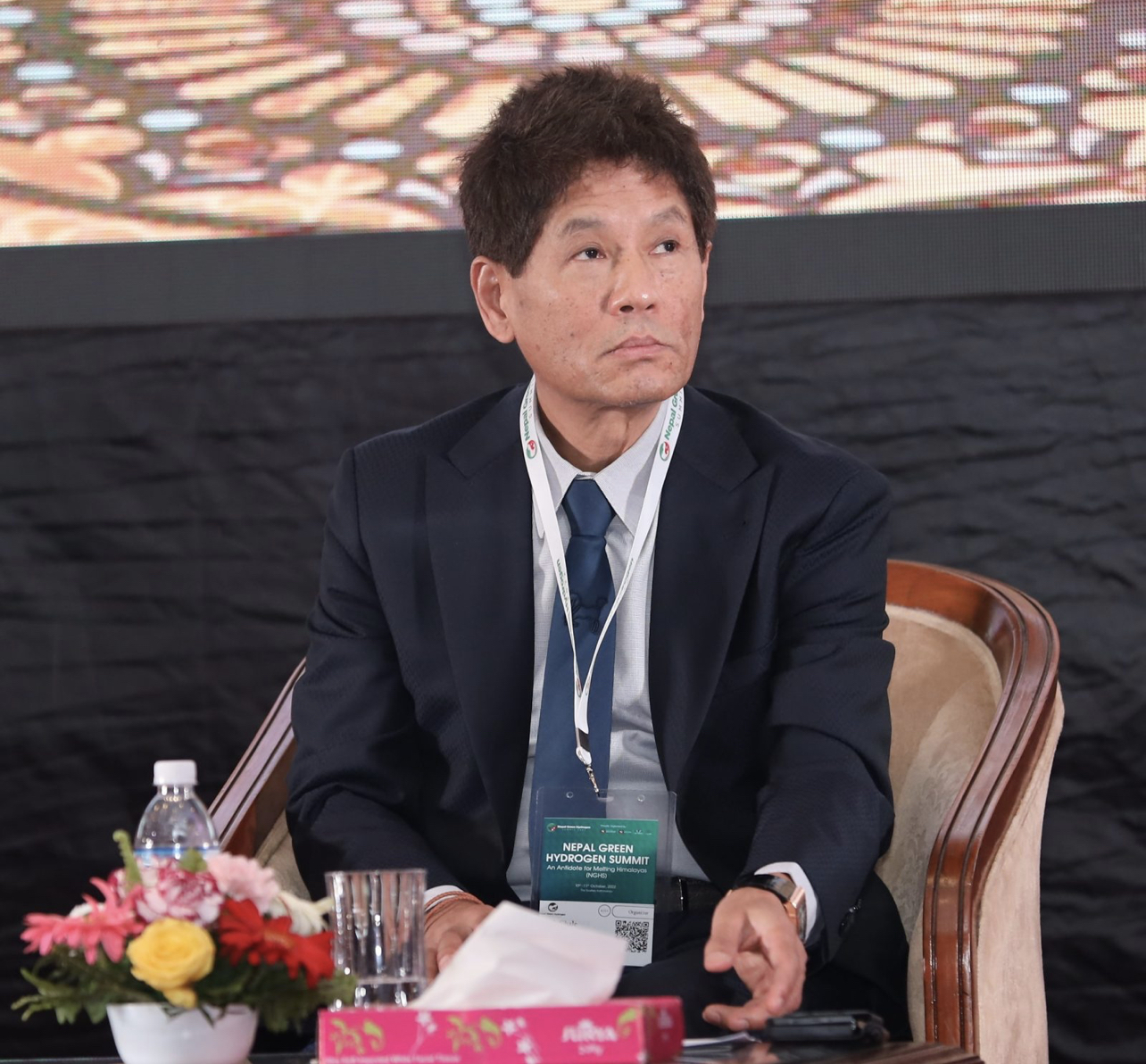Kathmandu — The election of House of Representatives and seven provincial assemblies under the First-Past-The-Post category is underway on November 20 in Nepal .
Total 5,636 candidates have filed their candidacy in the elections to, of them, 2,412 candidates, 2,187 males and 225 are females, are vying for 165 seats of the HoR, according to Assistant Spokesperson for the Election Commission-Nepal Rishiram Bhusal said.
Correspondingly , 3,224 candidates are contesting for 330 seats of seven provincial assemblies. Of them 2,943 are male, 280 female and one from sexual and gender minority community.
As per the EC’s data, altogether 437 candidates are contesting the election in the 28 seats of the HoR in Province 1.
Likewise, 510 candidates are in fray for 56 seats of provincial assembly. Of them, 458 candidates are male and 52 are females.
Of 15 districts in Province-1, Morang has the highest number of candidates, 105 for HoR election.
Likewise, Dhankuta has the lowest number of candidates for HoR. Only seven candidates are going to contest for one seat of HoR from the district.
Taplejung has 11 candidates, Panchthar 15, Ilam has 25, Sankhuwasabha 12, Terhathum 10, Bhojpur 12, Solukhumbu Khotang and Okhaldhunga have eight candidates each and Udayapur has 28 candidates for HoR.
In Madhes Province, 591 candidates are in fray for 32 seats of the HoR and 1,007 candidates for 64 seats of the provincial assembly.
Of 1,007 candidates of provincial assembly, 932 are male, 74 female and one from sexual and gender minority.
Of the eight districts in Madhes Province, Dhanusha has the highest number of candidates with 101 contesting for four seats of HoR and Parsa has the lowest number of candidates at 53.
Likewise, 631 candidates are contesting in Bagmati Province for 33 seats of the HoR, 668 (558 male and 80 female) for 66 seats of provincial assembly.
Of the 13 districts in Bagmati, Kathmandu has the largest number of candidates for 10 seats of HoR. A total of 257 candidates are in fray in Kathmandu and 63 for three seats of Lalitpur.
In Gandaki Province, 196 candidates are competing for the 18 seats of HoR, while 235 candidates (206 male and 29 female) are in fray for 36 seats of the provincial assembly.
Of 11 districts of Gandaki Province, Kaski has the highest number of candidates with 46 for three seats of HoR, while Manag has only three candidates, the lowest candidates in the province.
Likewise, Gorkha has 22, candidates, Lamjung has 11, Tanahu has 25, Syangja 24, Nawalparsai (Bardhaghat Susta East) has 27, Mustang has four, Myagdi has nine, Baglung has 13 and Parbat has 12 candidates for HoR elections.
According to the EC, 346 candidates are contesting from Lumbini Province for 26 seats of HoR. Similarly, 495 candidates are contesting for the 52 seats of the provincial assembly.
Out of 12 districts of the province, Rupandehi has the highest candidates with 88 contesting for five seats of HoR. Similarly, Kapilvastu has second highest candidates with 50 and Rolpa has the lowest candidates with just five.
In Karnali Province, only 74 candidates are in fray for 12 seats of HoR election, while in provincial assembly, 116 candidates (113 male and 3 female) are contesting.
Of 10 districts in the province, Surkhet has the highest number of candidates (17) contesting for two seats of HoR, while Humla has the lowest candidates (three) contesting for HoR election in the province.
Altogether 137 candidates are going to contest election for 16 seats of HoR in Sudurpaschim Province while 193 candidates (180 male and 13 female) are competing for 32 seats of the provincial assembly election.
According to EC, of nine districts of the province, Kailali has the highest number of candidates (48) for five seats of the HoR, while Bajura has the lowest number of candidates (5) fielding for HoR election.
Earlier on Sunday, the EC has informed that 6,002 candidates have filed their candidacies for the election to the HoR and Provincial Assemblies.
However, on Wednesday, as many as 119 candidates for the HoR and 257 for the provincial assemblies withdrew their candidacies.







